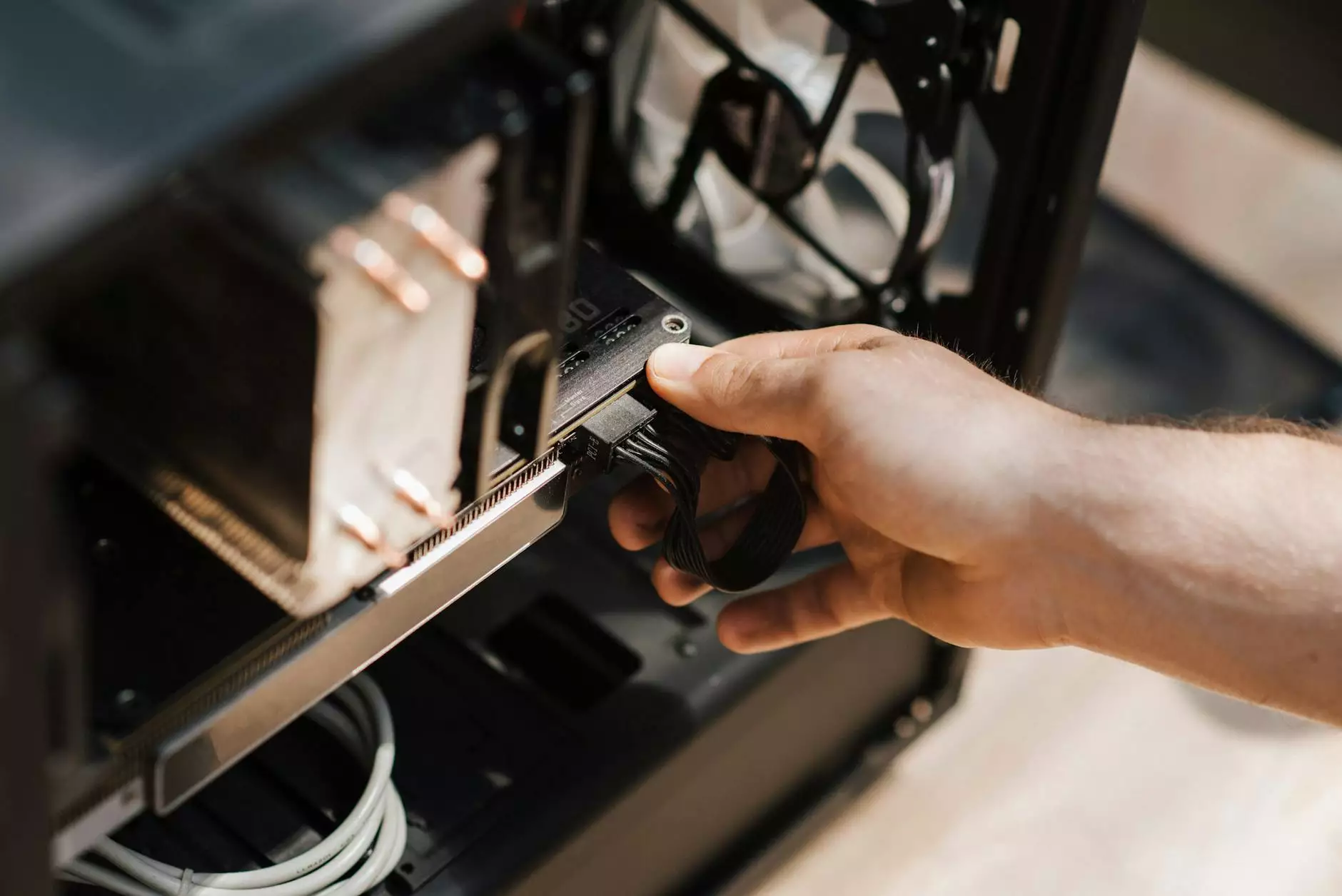Transform Your Backyard Oasis: The Ultimate Guide to Pool Refurbishing

When it comes to enhancing your backyard sanctuary, few projects are as impactful as pool refurbishing. This process not only revitalizes the appearance of your swimming pool but also its functionality, making it a safer and more enjoyable space for family and friends. In Denver, where outdoor spaces are essential for relaxation and recreation, upgrading your pool can significantly increase your property’s value and appeal. In this guide, we’ll explore the various aspects of pool refurbishing, ensuring you have all the information you need to make your swimming pool the centerpiece of your home.
Understanding Pool Refurbishing
Pool refurbishing involves a variety of processes designed to restore your pool to its former glory. From repairing cracks to updating surfaces and equipment, this comprehensive approach ensures that your pool not only looks amazing but also serves its intended purpose efficiently. Let’s delve into the key components of refurbishing your pool.
1. Importance of Pool Refurbishing
Why should you consider refurbishing your pool? Here are several compelling reasons:
- Enhanced Aesthetics: A freshly refurbished pool can vastly improve the look of your backyard, making it more inviting and enjoyable.
- Increased Safety: Addressing issues like cracked tiles or worn-out surfaces can reduce the risk of accidents.
- Lower Maintenance Costs: Investing in refurbishing now can save on future repairs by addressing issues before they escalate.
- Improved Efficiency: Upgrading equipment and features during refurbishment can lead to better energy efficiency and reduced utility costs.
- Higher Property Value: A well-maintained pool adds significant value to your property, appealing to future buyers.
Common Signs That Your Pool Needs Refurbishing
Not every pool needs refurbishing every year, but there are clear signs that indicate it's time to take action:
- Cracks and Chips: Any physical damage to the pool surface should be addressed to prevent further deterioration.
- Faded or Discolored Surfaces: Over time, pool finishes can fade due to exposure to sunlight and chemicals.
- Leaks: If you notice a drop in water levels that cannot be attributed to evaporation, your pool may need refurbishment to address leaks.
- Persistent Pool Maintenance Problems: If you're frequently battling algae or cloudy water, it may be time to upgrade your filtration or sanitization systems.
- Outdated Features: Older pools may lack the modern amenities that enhance safety and enjoyment, such as diving boards or water slides.
The Pool Refurbishing Process
The pool refurbishing process can be broken down into several key stages, ensuring that every aspect of your pool is covered. Understanding these steps can help you anticipate what to expect during your renovation.
1. Assessment and Planning
The first step in refurbishment is thorough assessment. Professionals will evaluate the condition of your pool, looking for signs of wear and damage. This assessment will inform your refurbishment plan, which may include:
- Surface repairs (plaster, tile, or fiberglass)
- Updating plumbing and filter systems
- Enhancing safety features
- Improving energy efficiency
2. Surface Preparation
Once the plan is in place, the next step is surface preparation. This can involve:
- Draining the pool
- Cleaning the surfaces thoroughly
- Repairing any cracks or damages
This stage is crucial to ensure adherence of new finishes or surfaces.
3. Application of New Surfaces
Depending on your selected materials and finishes, this stage will involve:
- Applying new plaster, paint, or coating
- Replacing tiles or installing new ones
- Adding non-slip surfaces for safety
Each application needs to be done carefully and will require a certain curing period before filling the pool with water again.
4. Equipment Upgrades
During refurbishment, this is an excellent time to consider upgrading your pool equipment. This could include:
- Installing a new energy-efficient pump
- Upgrading to a high-efficiency filtration system
- Adding automated cleaning systems
- Incorporating upgraded lighting or heating options
Modern equipment not only improves efficiency but also enhances the user experience.
5. Final Inspection and Water Filling
Once refurbishment is complete, a final inspection ensures everything is operational and safe. After the inspection, your pool can be filled with water, and you’ll be ready to enjoy your revamped oasis!
Choosing the Right Contractor for Pool Refurbishing
Selecting a professional contractor can make or break your refurbishment project. Here are some tips to choose the best in the business:
- Check Credentials: Ensure they are licensed, insured, and have a good reputation on review sites.
- Request References: A reputable contractor should be willing to provide references from previous clients.
- Get Multiple Quotes: This helps you understand the price range and what services are being offered.
- Discuss Timelines: A clear timeline will help manage expectations throughout the refurbishment process.
Cost Considerations for Pool Refurbishing
Understanding the potential costs associated with pool refurbishing is essential for budgeting. Factors that can influence the total expenditure include:
- Size and shape of the pool
- Current condition of the pool
- Materials used for refurbishment
- Complexity of upgrades and repairs
On average, homeowners can expect to pay anywhere from $5,000 to $20,000 or more for a comprehensive pool refurbishing project in Denver, depending on these factors.
Maintenance Tips Post-Refurbishing
Once your pool refurbishing project is complete, maintaining it is crucial to protect your investment. Here are essential maintenance tips:
- Regular Cleaning: Keep the pool clean by skimming debris and brushing surfaces frequently.
- Monitor Water Chemistry: Regularly test water chemistry to ensure safe swimming conditions.
- Inspect Equipment: Regularly check your pool equipment to ensure it’s functioning efficiently.
- Seasonal Maintenance: Prepare your pool for seasonal changes to prevent damage and prolong its lifespan.
Conclusion
Pool refurbishing is an investment that rewards you with enhanced beauty, increased safety, and improved functionality. With careful assessment, planning, and the expertise of qualified contractors, your dream pool can become a stunning reality. Don’t wait for signs of significant wear and tear; take proactive measures today to maintain the beauty and integrity of your backyard oasis. Explore the options available in Denver by contacting local experts like Denver Pool Renovation to get started on your pool refurbishing journey!









